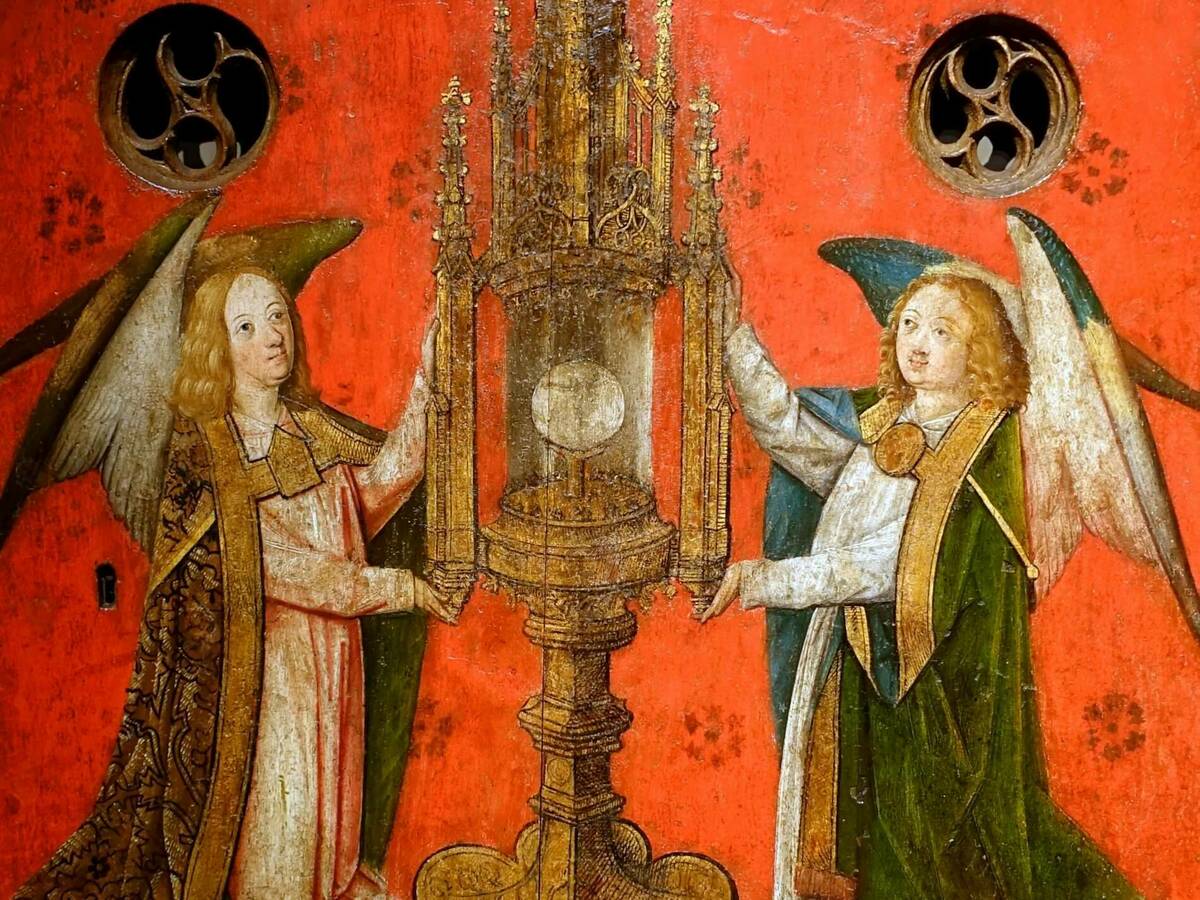- Feb 5, 2002
- 182,525
- 66,087
- Country
- United States
- Gender
- Female
- Faith
- Catholic
- Marital Status
- Married
- Politics
- US-Others
Itake it as a privilege to be a forty-one-year-old Catholic theologian in the year 2023. Born in 1982, only twelve years after the promulgation of the reformed rites of the Second Vatican Council, I am in the main sympathetic to those who are often called Vatican II Catholics. My theological education benefited from a close reading of primary sources both ancient and modern. I learned from professors at Notre Dame and Boston College who were involved in teaching and research during the Council. I was initiated into a theological style that was dynamically orthodox in its modality, standing within the Catholic Tradition but willing to read and encounter thought outside of the theological center. Fundamentally, I perceive my own vocation as receiving and developing the post-conciliar theological proposal around the liturgical act and thereby fostering the kind of liturgical participation that generates a social, pedagogical, and cultural renewal in late modernity.
Attending to my own sympathies is no mere biographical exercise. Rather, it is a way of situating the fundamental claim of this essay: Vatican II Catholics—that is, those who came of age immediately after the Council and the decade that followed it—are wrong to treat the return of interest in Eucharistic adoration as a retrograde rejection of the Council. Adoration of the Blessed Sacrament is on the rise precisely because the lay faithful understand that if they are to make their lives sacrificial offerings, to receive the Eucharistic presence of our Lord at Mass, and to contend with the many demands of a frenetic existence, they need an encounter with Christ that extends beyond the Mass itself. What we are experiencing is an authentic ressourcement emerging from the faith of the People of God. To dismiss this is to fall prey to the desk-bound theology that Pope Francis warns against in Evangelii Gaudium (§133), which raises theological quibbles rather than attending to an authentic exercise of piety that is a post-conciliar retrieval of a contemplative stance before the Eucharistic mystery.
What follows, therefore, is an exercise addressed to colleagues and mentors alike who are suspicious of adoration. Rather than continue to fume against the rise of adoration, to express dismay that the Eucharistic Revival in the United States is obsessed with images of monstrances, perhaps our vocation is to think alongside the faith of the Church and discover anew the gift of spending time before the Eucharistic Lord. To begin this work, we must first examine our own biases against adoration of the Blessed Sacrament.
Continued below.

 churchlifejournal.nd.edu
churchlifejournal.nd.edu
Attending to my own sympathies is no mere biographical exercise. Rather, it is a way of situating the fundamental claim of this essay: Vatican II Catholics—that is, those who came of age immediately after the Council and the decade that followed it—are wrong to treat the return of interest in Eucharistic adoration as a retrograde rejection of the Council. Adoration of the Blessed Sacrament is on the rise precisely because the lay faithful understand that if they are to make their lives sacrificial offerings, to receive the Eucharistic presence of our Lord at Mass, and to contend with the many demands of a frenetic existence, they need an encounter with Christ that extends beyond the Mass itself. What we are experiencing is an authentic ressourcement emerging from the faith of the People of God. To dismiss this is to fall prey to the desk-bound theology that Pope Francis warns against in Evangelii Gaudium (§133), which raises theological quibbles rather than attending to an authentic exercise of piety that is a post-conciliar retrieval of a contemplative stance before the Eucharistic mystery.
What follows, therefore, is an exercise addressed to colleagues and mentors alike who are suspicious of adoration. Rather than continue to fume against the rise of adoration, to express dismay that the Eucharistic Revival in the United States is obsessed with images of monstrances, perhaps our vocation is to think alongside the faith of the Church and discover anew the gift of spending time before the Eucharistic Lord. To begin this work, we must first examine our own biases against adoration of the Blessed Sacrament.
Objections of the Eucharistic Adoration Detractors
Continued below.

On Eucharistic Adoration: Against Its Detractors
Timothy O'Malley on the postconciliar Church.
